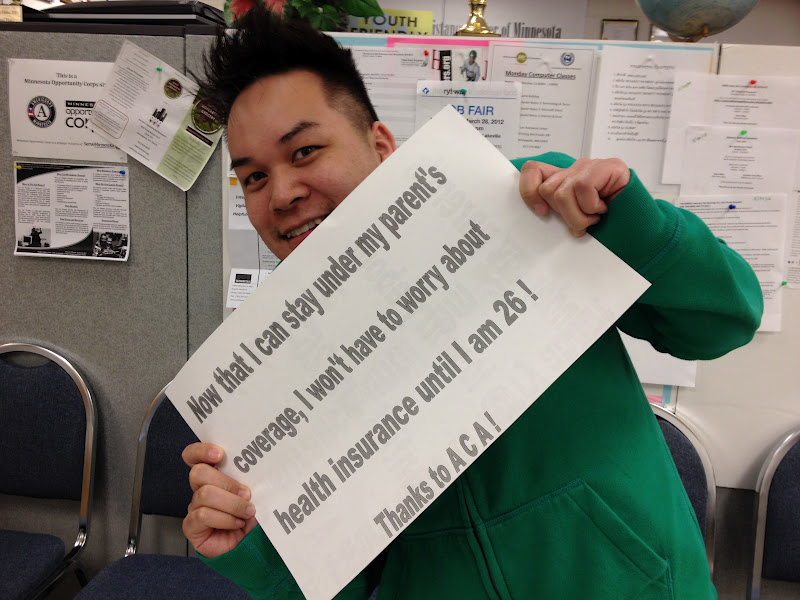March 23, 2020 IN: Health, National, Press Room
SEARAC Celebrates the 10-Year Anniversary of the Affordable Care Act

Policy cutting Southeast Asian American uninsured rates must be protected
Ten years ago today, President Obama signed the Affordable Care Act (ACA) into law, leading to historic improvements in health coverage for many Americans and cutting uninsured rates for Southeast Asian Americans (SEAAs) in half. This policy was especially meaningful in expanding health access for the SEAA community, who has dealt with very unique health challenges resulting from decades of unaddressed trauma and physical impacts of the war in Southeast Asia.
However, when the Trump Administration took over the White House in 2016, the ACA has been repeatedly challenged through judicial and legislative channels. Despite improvements and protections codified in the ACA, lawmakers and the president have worked to dismantle key provisions of the law that have worked to expand health coverage, guarantee protections for those with pre-existing conditions, and improve access to health plans. Currently, the ACA’s fate is tied up in the court system following a lawsuitchallenging its constitutionality. The Trump Administration has openly backed this lawsuit and has advocated that the entire law be struck down.
“Today we celebrate the signing of a historic bill that has improved access to health coverage for many Southeast Asian American families, children, and elders,” said Quyen Dinh, executive director of SEARAC. “Our community is made up of resilient survivors who left their homes 45 years ago in search of freedom. However, arriving in America with little to no means made it difficult for our families to deal with the physical and mental scars from the US-backed war in our homeland. Today, we celebrate the ACA, an important first step to ensuring that our community has access to the care that they need, and we call on lawmakers to stand with us to protect it. The ACA is needed now more than ever as the world battles with one of the worst pandemics of our lifetime.”




